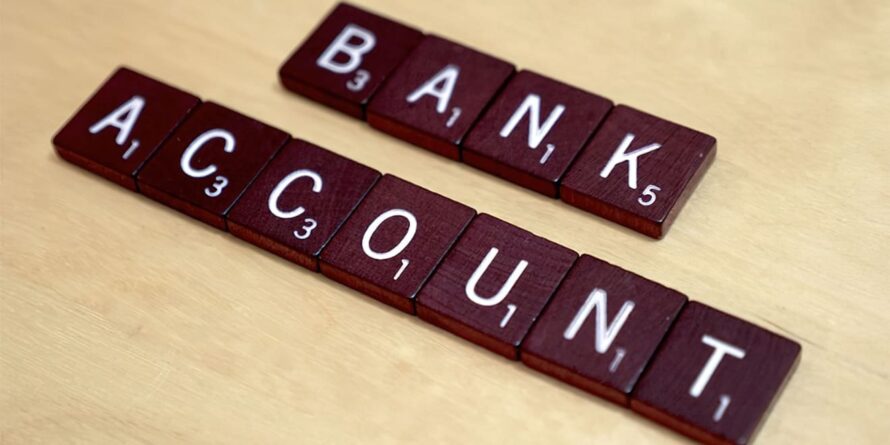No one enjoys opening a new bank account, but everyone is happy when they can save a few dollars. With the recent changes in the economic wind, the larger banks have gotten more competitive in trying to earn your business. Which make now a great time to shop around for a new account. A good friend of mine recently opened a bank account with Chase and received $150 for setting up direct deposit, and another $150 dollars for opening a line of credit and spending $1000 in the first 3 months. *In this article I will be exploring different ways to save money and avoid fees.
Banks are in the business of making money, and they go about this in several ways.
1) One way is by charging hefty fees for the various services they offer on personal checking and savings accounts. These fees are typically associated with minimum balances, monthly balances, ATM usage, insufficient funds and overdraft protection.
A quick look at Chases’ website shows you that the fees range from $2 for a balance inquiry from a non-Chase ATM all the way up to $34 for an Overdraft account and another $15 every 5 days thereafter.
Remember to not be shy. The bankers are there to help you understand your account, so ask lots of questions if you are unsure about anything. And as always, read the fine print on Chase.com
2) Another way that banks make money is through debit and credit cards. Every time you swipe your credit or debit card the bank takes a little piece of the pie from the retailer. This is why there are so many attractive sign-up bonuses, airline mile deals and cash back offers.
I try to use my credit card for most, if not all of my purchases as my card gives me airline miles and my debit gives me a big fat nothing. There are quite a few websites out there for comparing the sign-up bonuses, rewards structures and APR. Just remember to pay off the balance in full every month so you are not spending more than you are earning and you avoid the APR fees.
Some cards carry a yearly fee that is waived for the first year, so make sure you know what you are getting into when you sign up and take a look at your bill each month to catch this. When you see this fee come on your bill, don’t be afraid to give them a call. Many banks will waive the annual fee each month if you take a couple minutes to call them and ask them to.
If you are not so good at staying on top of your bills, some banks offer you a line of credit, which can be linked to your debit card so if you dip into the red the difference will go onto your credit line saving you from paying an expensive overdraft fee. Or, you can set you debit card to decline a transaction if you do not have enough money in your checking account to cover the purchase.
Since the banking bailout many people have moved their money away from the larger banks and into credit unions. This can be beneficial in many ways as you are typically treated better and the fees are lower across the board. Also, credit unions tend to play well with others and will give you free ATM transactions at sister banks. They aren’t without shortcomings though; they are often regional and do not have branches nationwide which could mean extra hassles for frequent travelers.
There are many options out there and not all banks are created equal, so spend a little time and choose the one that benefits you the most and again remember — with banks and auto insurance always read the fine print.



